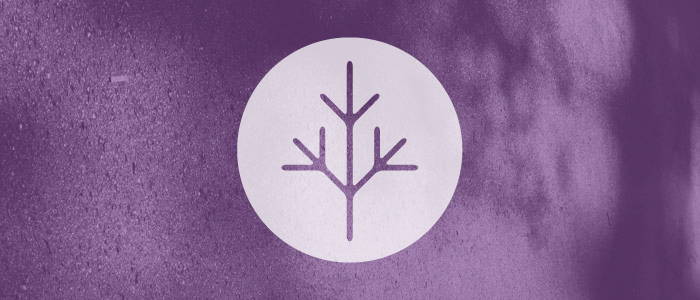A study completed by Dr. Andreas Lohri and colleagues has shown that radioimmunotherapy treatment for patients with relapsed follicular, mantle cell, and other types of indolent lymphoma is in fact both safe and beneficial.
A study completed by Dr. Andreas Lohri and colleagues has shown that radioimmunotherapy treatment for patients with relapsed follicular, mantle cell, and other types of indolent lymphoma is in fact both safe and beneficial. The primary aim was to determine the maximum tolerated dose of and the clinical response of patients to the radioimmunotherapy agent 177Lu-DOTA-rituximab.
31 patients with histologically confirmed relapsed or refractory CD20-positive B-cell lymphoma were enrolled in this prospective, phase I/II dose escalation study. The first dose of 177Lu-DOTA-rituximab given was 740 MBq/m2 of body surface area (BSA) and dose escalation steps of 185 MBq/m2 of BSA were administered to a maximum of seven doses.
The maximum tolerated dose of 177Lu-DOTA-rituximab was 1665 MBq/m2 of BSA. Encouragingly, responses to treatment were observed at all dose levels. The overall response rate was 82% in follicular lymphoma patients and 21% for patients with mantle cell lymphoma. The estimated mean survival time after radioimmunotherapy was 4 years. Toxicity was primarily hematological as leukopenia and thrombocytopenia were the dose-limiting toxicities and significant anemia was only observed at dose level 7. Nonhematological toxicity was minor, with the most prominent symptoms being low grade fatigue and nausea on days following treatment.
This study indicates that radioimmunotherapy appears to be a feasible and effective treatment for patients with indolent B-cell lymphomas and opens up a variety of new avenues for further investigation. Research is also currently underway for improving the application of radioimmunotherapy in mantle cell lymphoma in the context of high-dose chemotherapy and stem cell transplantation or as consolidation therapy after induction immunochemotherapy.






